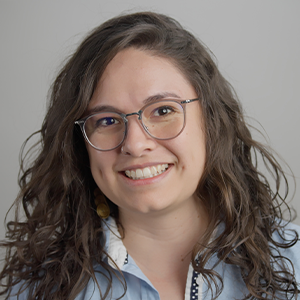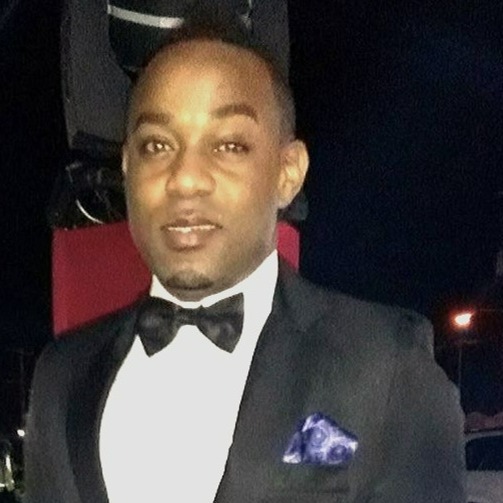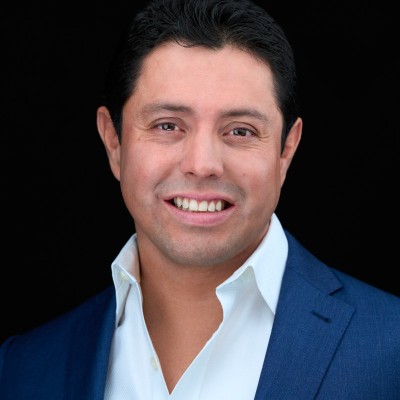International Mediation Campus provides services and training in mediation and conflict resolution internationally.
Contact Us
- International Mediation Online Training
- welcome@im-campus.com
- +49 163 289 200 0
- Free Video Call Appointment
Only a few places left! REGISTER TODAY for our internationally accredited Course in Mediation.


This masterclass will cover Non-Violent communication as a language of process, a way to focus one’s attention. We usually communicate in a way that blocks empathy: moral judgments, comparisons, denying responsibility. This means that we generally communicate in a violent way and judgments permeate how we see the world and ourselves.
Please note that this Master Class is 8 hours.
The NVC is a language of process, a way to focus one’s attention. We usually communicate in a way that blocks empathy: moral judgments, comparisons, denying responsibility. This means that we generally communicate in a violent way and judgments permeate how we see the world and ourselves. The NVC teaches how to distinguish between judgment and observation.
We usually attribute the cause or the fault of our emotions to something or someone else. The NVC teaches how to Take responsibility for one’s emotions and feelings. In order to do that we need to learn to express emotions and feelings: building a vocabulary.
Emotions surge from needs and especially negative emotions come from frustrated needs. The NVC teaches how to recognize the needs on the bases of emotions and feelings so that one can talk in terms of needs instead of power.
We needn’t dwell on resentment and vengeance. The NVC teaches how to make requests that enrich life: how to make a positive request for actions.
Conscious requests and feedbacks are essential to change, provided that one knows the difference between requests and demands.
Honesty with others and with oneself is an essential step toward freedom from old habits and conditionings.
The NVC works in two directions: expressing and receiving with empathy. This means being present; in this way, one can appreciate the power of empathy.
Empathy towards ourselves is also very important. We tend to judge and condemn ourselves as much as we do for others. We cannot eliminate violence towards others unless we embrace kindness and forgiveness towards ourselves first.
Rage is a very important emotion and the NVC teaches how to express it to serve life.
There are certain instances where force cannot be avoided: the protective use of force
Gratitude and appreciation are key in the NVC as they allow us to “speak from the heart, serving life”.
Learning outcomes
NVC uses consciousness, language, and communication skills to create a framework from which you can:
After completing this class participants will have the competence to recognize when a communication is violent and when is not, to distinguish between judgment and observation, to use empathy for expressing oneself and for receiving someone else’s communication, to identify and name emotions and feelings, to think in terms of needs instead of power. In order to do that the participants will have acquired the skill to formulate a positive request for action and to use a new and enriched vocabulary of feelings and emotions.
This recording is not yet available. Check back later or subscribe to our mailing list to be notified when its available.

We are here to help

Mariana Contreras Leal holds a Bachelor's degree in International Relations and an M.A. in Global South Studies, with a focus on culture, society, and politics. As the Community Manager and Marketing Associate at Consensus Group, she thrives in bringing people from all around the world together. She has also completed her mediation training.
Experiences with our training to become a mediator
Our participants have various professional und cultural backgrounds. After the successful completion of your training, you can be part of our huge IMC Fellows network meeting former participants from different working fields such as UN negotiators, NGO, WHO, judges of supreme courts, psychologists and more. Be ready for a very active and unique network of people based in more than 70 countries.



























Join our Global Community
You need to load content from reCAPTCHA to submit the form. Please note that doing so will share data with third-party providers.
More InformationYou need to load content from reCAPTCHA to submit the form. Please note that doing so will share data with third-party providers.
More Information